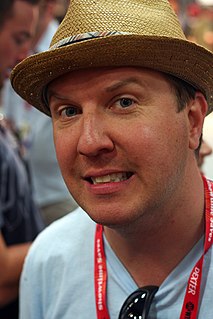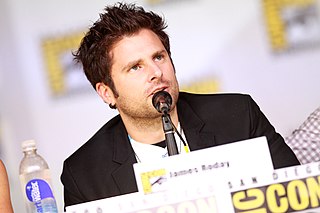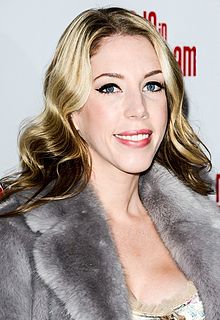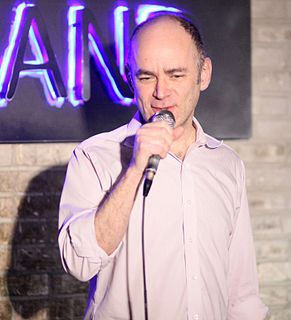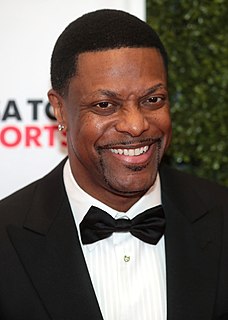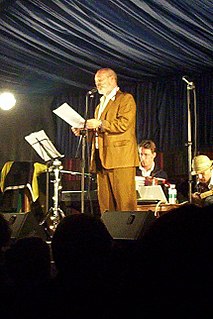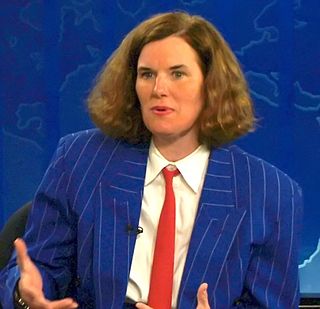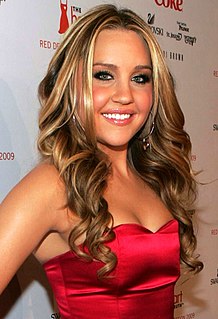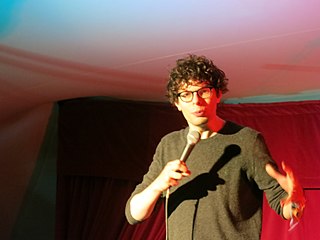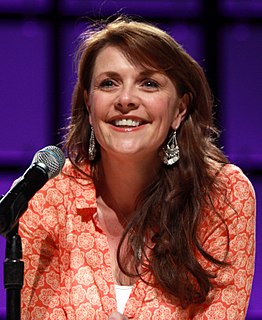A Quote by Vic Reeves
In the 70s I started doing my Big Night Out on stage when I was at art school. A friend of mine owned a comedy club and sold it to me. I worked out quite quickly that if I did the comedy myself I'd make more money.
Related Quotes
I went to school with Steven Wright who was the shyest guy I knew, and one day someone suddenly told me that he was in a club doing standup comedy. I went down to his club and he was great. Another friend of mine, who was pretty much a thief by trade, was hosting the show. So I thought if these guys can do it then so can I.
I went to school with Steven Wright, who was the shyest guy I knew, and one day someone suddenly told me that he was in a club doing standup comedy. I went down to his club and he was great. Another friend of mine, who was pretty much a thief by trade, was hosting the show. So I thought, 'If these guys can do it, then so can I.'
I started in the club route. I did the alternative scene later on. When I lived in New York, I did the Luna Lounge and stuff, where Janeane Garofalo and David Cross and all those guys worked out of, but I came from a comedy club background. I'm proud of that background. I'm one of the people that really crossed over and did both.
The problem with a lot of comedy clubs is not that they are a comedy club; it's just the cheesy way they're presenting themselves. That's why a lot of people have a problem with them. If you're a relatively unknown comedian, you can play at a comedy club, you might play to hundreds of people every night. But if you try to make a concert event out of it, and try to play a rock club or something, where you might play to 10 people or no people. And the flipside of that is, that's also a great thing, to play to people who are your fans. Some people are too hard on the comedy clubs.
I did a 'Last Comic Standing' audition in 2006, where you're just performing for three people in a comedy club, in a big comedy club, and I remember them cutting me off, asking about my name in the middle of one of my jokes. Yeah, it's just real weird when you're doing stand-up in that type of sterile, unnatural setting.
When I first started doing my comedy act, I just desperately needed material. So I took literally everything I knew how to do on stage with me, which was juggling, magic and banjo and my little comedy routines. I always felt the audience sorta tolerated the serious musical parts while I was doing my comedy.


